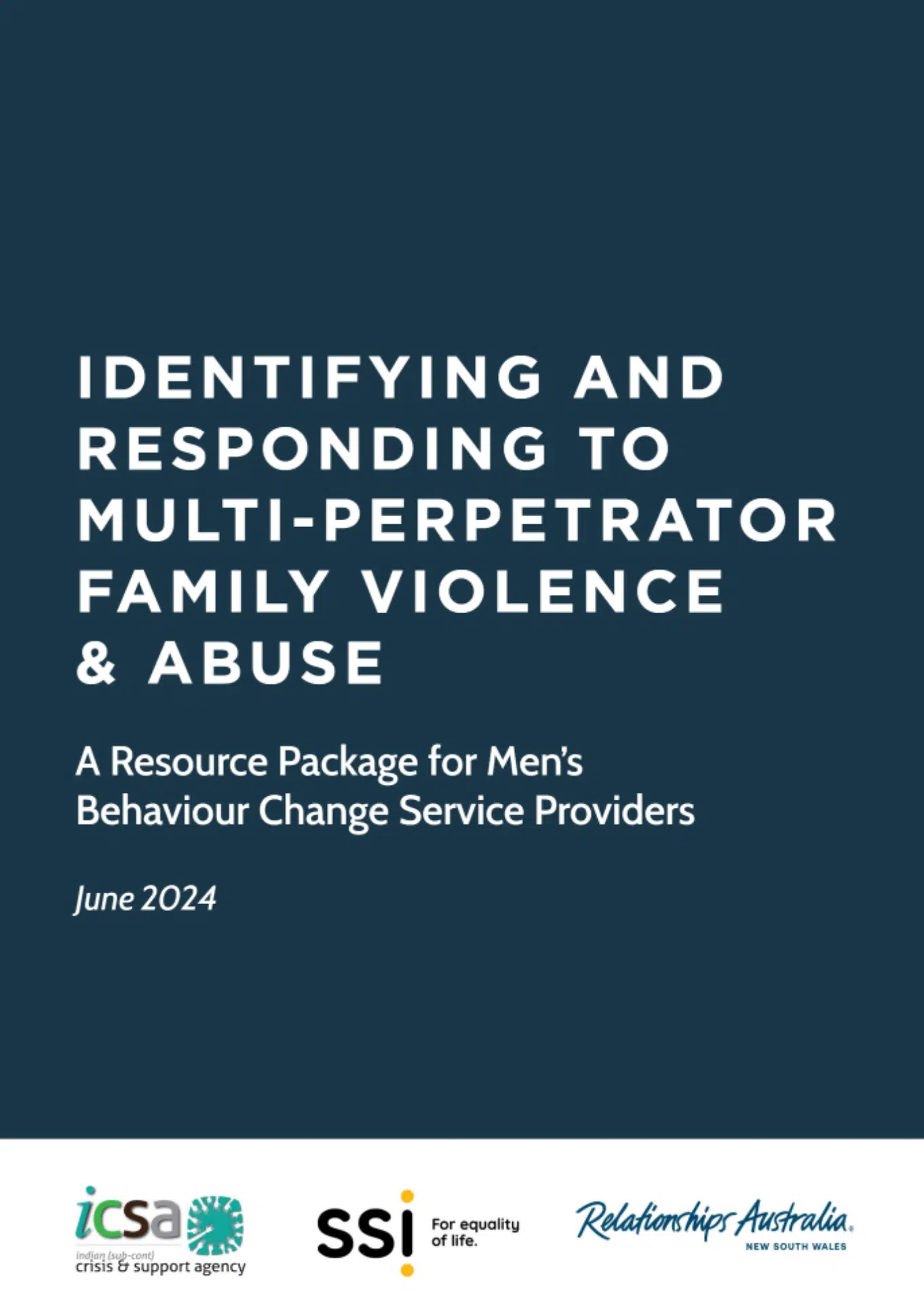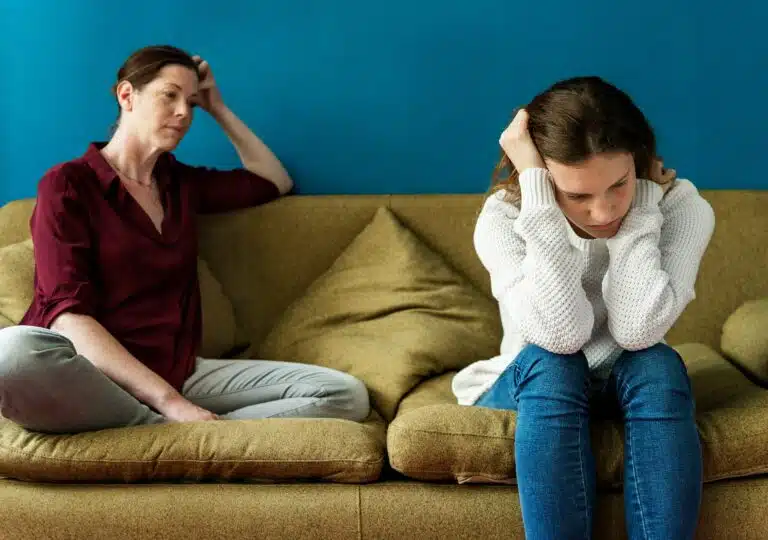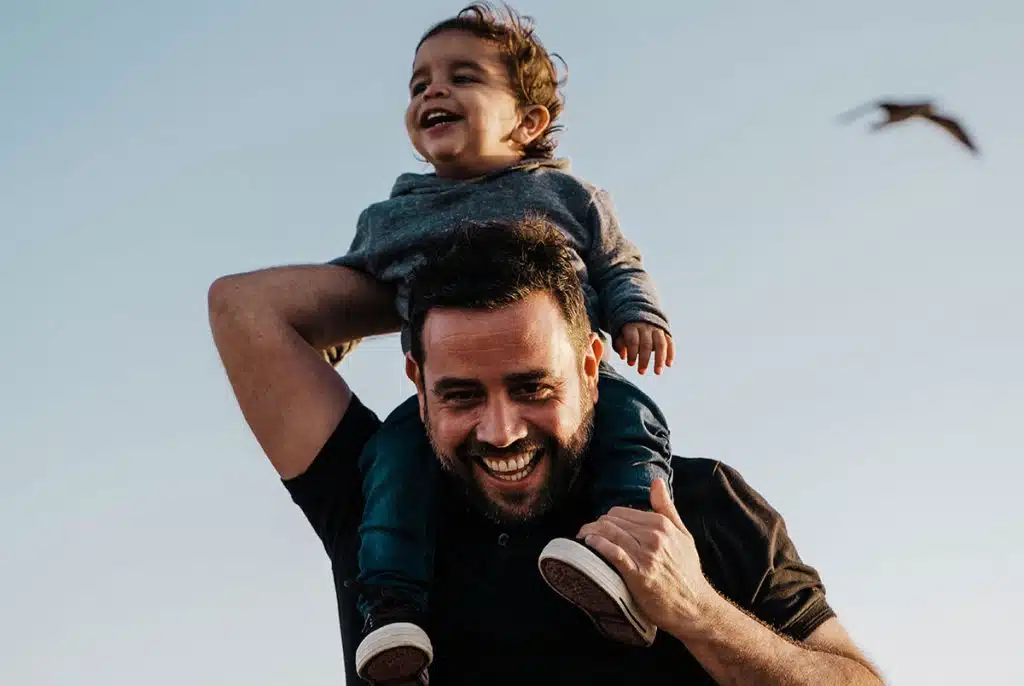Women who are victims of violence and abuse from their intimate partner, are often experiencing abuse from several family members.
Evidence shows that in up to 16% of reported domestic violence cases there is more than one person involved in perpetrating the abuse and the presence of multiple perpetrators increases the severity.
Relationships Australia NSW delivers a culturally adapted Men’s Behaviour Change Program (MBCP), Building Stronger Families, which also supports women and children who are victim-survivors of multi-perpetrator family violence and abuse (MFVA).
Historically, the design of MBCPs have been centred on individuals using violence, meaning there was a gap in service knowledge and awareness around how to respond to violence and abuse from multiple family members.
To improve the delivery of these services to identify and respond to MFVA, we have developed resources to support MBCP providers and frontline practioners. This project focused on Arabic and Indian sub-continent communities, but we expect that these resources can be applied in other situations of MFVA, including other migrant and refugee communities, religious communities, and other cultural contexts.
Important tools from the Resource Package
The resources should build on clinicians’ existing skills and assets, to help explore clients’ broader family and community contexts and identify MFVA.
- Setting the scene: review the current research and guidelines on MFVA and DFV, learn who may be involved in these situations, forms of abuse and challenges for identification and response
- Ecomaps and genograms: identify other family and community members involved in using violence and control
- 360 risk assessment, management and safety planning: build upon existing tools to capture and manage risk from family members other than the intimate partner
- Case studies: amalgamation of real cases to illustrate the complexity of people’s experiences and challenges







